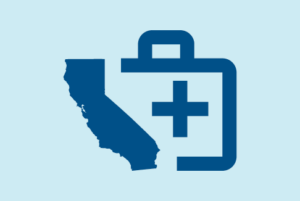A recent presidential executive order related to birthright citizenship (which has been temporarily blocked by a federal court) and a directive to remove a layer of protection for certain locations (including schools, churches, and hospitals) from immigration enforcement have raised many questions about the appropriate response and requirements for hospitals.
To help answer these and other questions, CHA has shared a comprehensive legal analysis of the intersection of state and federal patient privacy laws and the recent order and directive. In terms of hospitals’ response to these federal actions, the most important takeaway is that the laws that hospitals must follow have not changed.
Perhaps even more important is the fact that caring for the sick and healing the injured — without regard to a patient’s ethnicity, national origin, or citizenship status — is the mission of all hospitals. No one should ever be afraid to seek care for themselves or their loved ones because they fear being deported.
Already, amid fears of large-scale deportation, rumors of fake Immigration and Customs Enforcement (ICE) raids have been popping up, with social media platforms serving as a vehicle to deliver misinformation. With the analysis our team has put together, hospitals can deliver a consistent, clear response to patients, staff, and others seeking accurate information.
CHA’s analysis includes guidance for responding to inquiries from ICE officials and reminders about employment eligibility verification requirements.
While new policies from any level of government often give rise to confusion and questions, our patients, professionals, workers, and communities are counting on us for trusted information. Now is a time for leaders to thoughtfully respond, not react, and to help separate rumors from facts.



